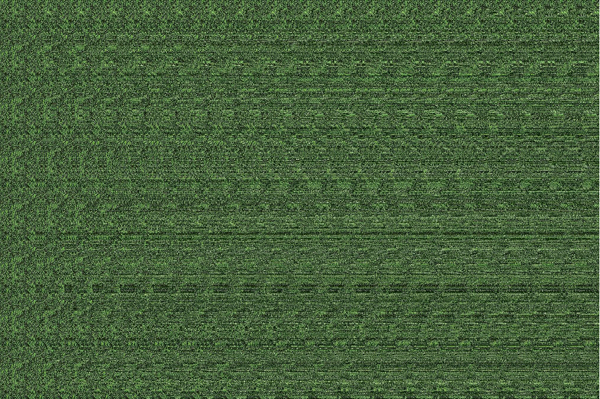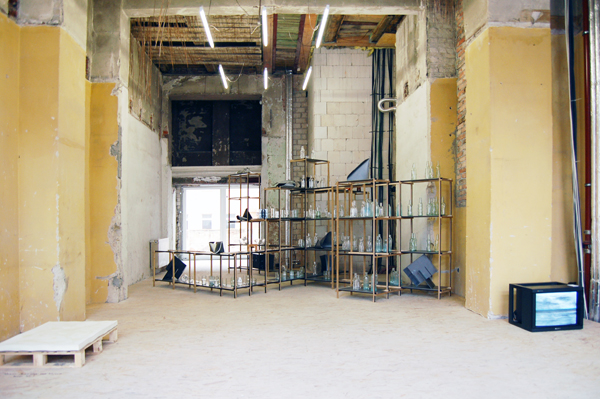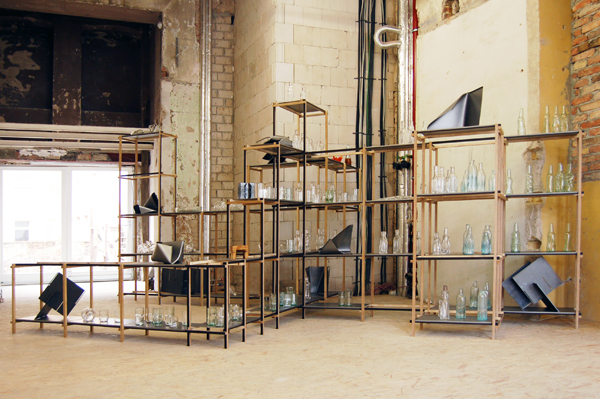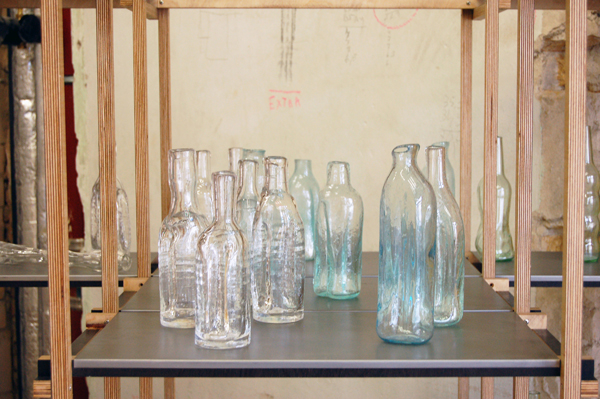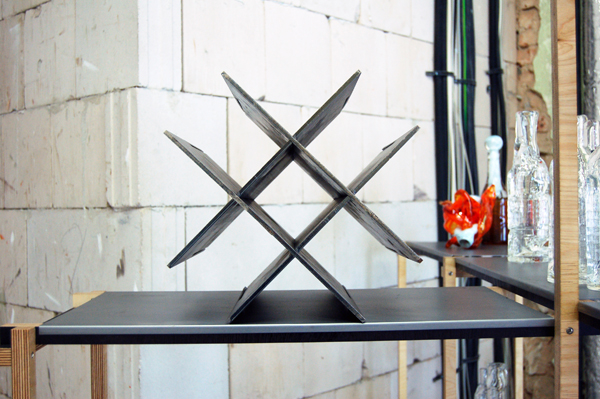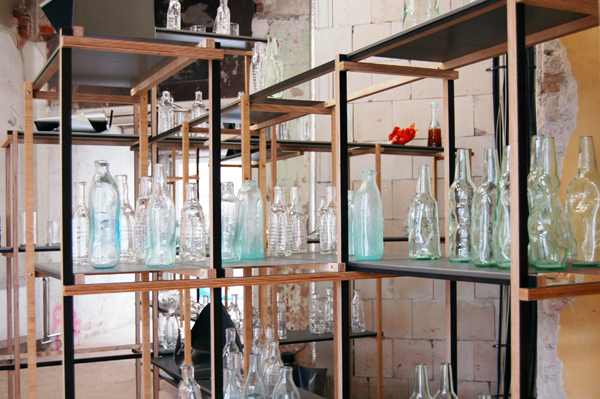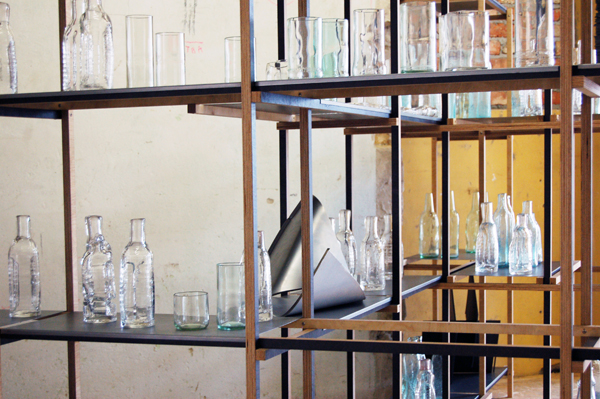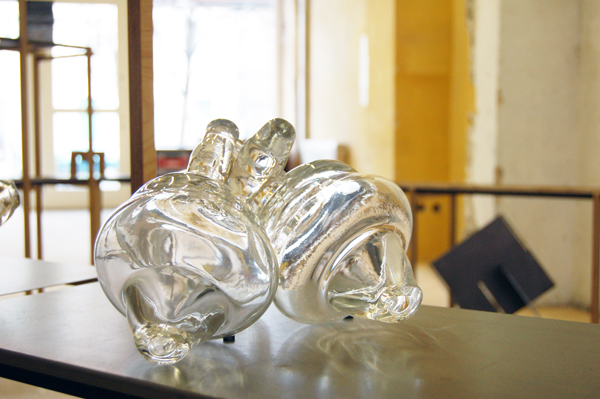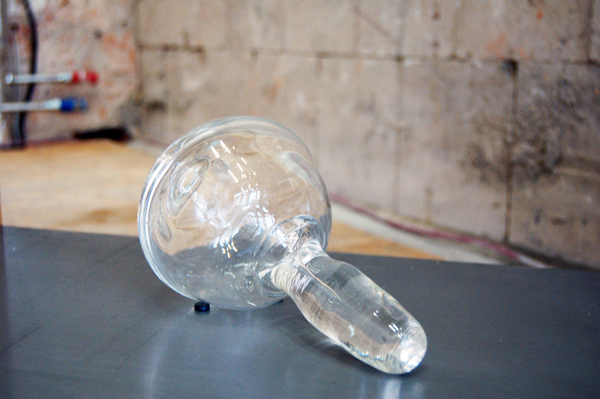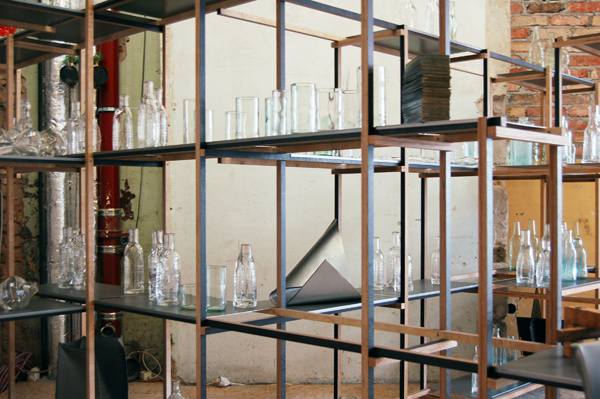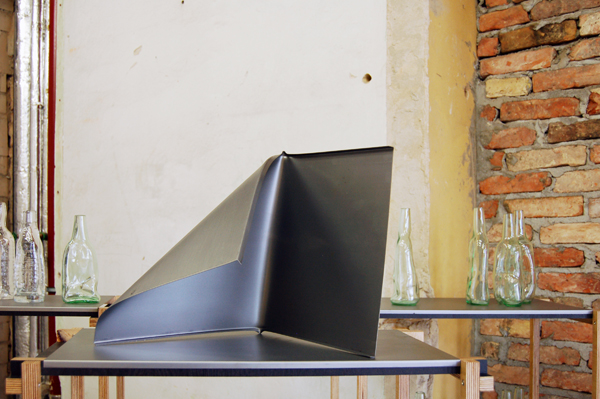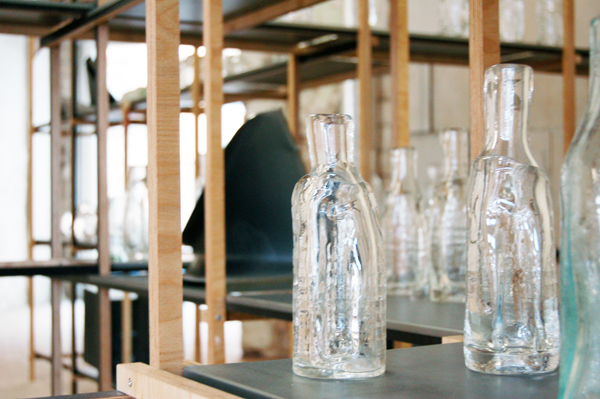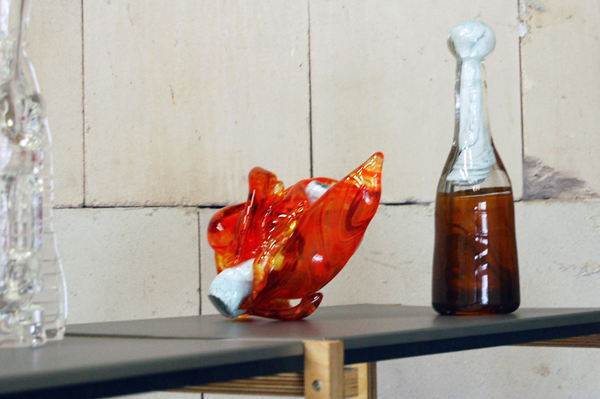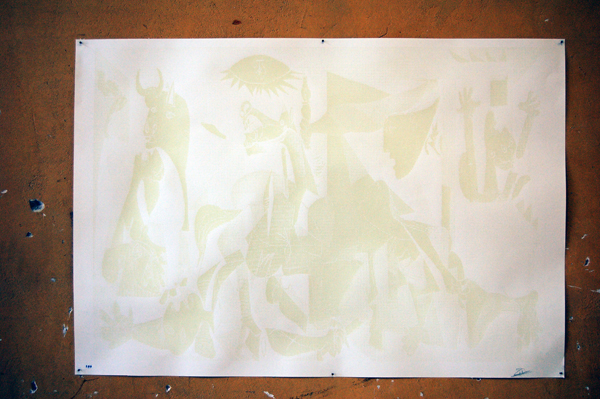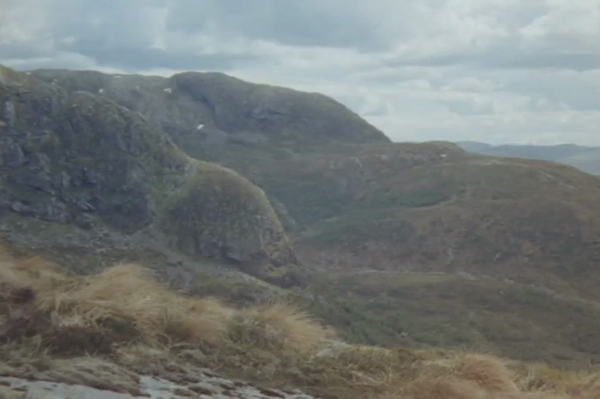03 Ion Arregui
The development of scientific ideology throughout the 20th century coupled with ultra-developed technical advances turns the contemporary moment into a kind of “watchtower”.
By the same token, our reality is submerged in constant narration, which society automatically produces, is subjected to, and internalizes. This urge to illustrate and narrate hypothetical situations submits reality to constant representation. In practical terms, one can observe that individuals and social structures basically exist through an instrumentalization of their function or being, becoming a representation of what they are supposed to be.
This strategy of the gaze generates a crisis in the concept of the “original”. In pre-industrial times, cultures had more binding, similar characteristics than they had differences, while maintaining real ethnographic identities. The post-industrial need to define differentiating signifiers in terms of identity ends up monopolizing an over-simplified array of iconic options, seeking all the while to politicize these characteristics.
“Transición Española”, the project I am working on since 2007, stands in relation to and as a “case study” of these issues. A revision of recent Spanish history (1936-1982) in relation with the Basque Country, it analyses the specific and contextual changes which occurred during this pivotal time, focusing on the relation between, and the transformation of, social strata on our path to post-modernity.
This exhibition is part of a project, which originated in documentation of weapons commonly referred to as “Molotov Cocktails”. Nowadays, these flammable projectile bottles have acquired new ideological connotations, but they were originally invented by front-line soldiers during the Spanish Civil War and were considered an official weapon within the military. Contrary to its modern grassroots image, Molotov Cocktails were even industrially produced at that time.
I am especially interested in the ideological evolution of this weapon, which is now a concept unto itself, as well as its present-day status and use as a symbol.
With this historical reference in mind, my work over the past 2 years has consisted in launching a production of glass bottles in collaboration with an artisan glass blower.
To this day we have completed 7 series, consisting of about 20 bottles each. Each series is unique, with small variations. As time went by, this primary activity generated a parallel, second one: the creation of bottle racks, and other related structures. These two activities began complementing and informing each other, generating a “positive-negative” relationship, antonymic in all aspects.
I am interested in the political clout objects can accrue, and the ways in which they may serve as revelators. The bottles are explicitly political, and imbued with sensationalistic aspects one cannot overcome, so I have purposefully kept them from view. I maintain the working dynamic that they generated, however, as their production has lead to qualitative changes in my practice, and sparked the creation of other bodies of work such as the bottle racks, which occupy the visible portion of my practice. Articulating the relationship between these sometimes complementary and sometimes conflicting lines of work has been an intrinsic part of the artistic process.
In this project, as with the other pieces, anything explicitly political is literally concealed from view.
Ion Arregui
EXHIBITION
opening 09-03-2012 from 7-9
PUBLICATION
print | 64 x 90 cm | signed & numbered edition of 300
REALIZED THANKS TO
Xavi & Judith | EREMUAK | ayuda de acción y promoción cultural 2011 | Ministerio de Cultura | Gobierno de España
